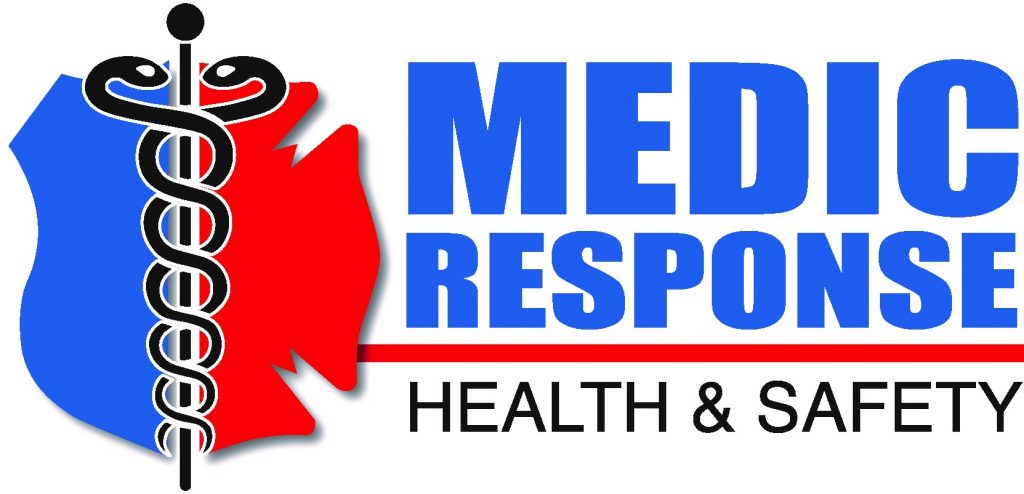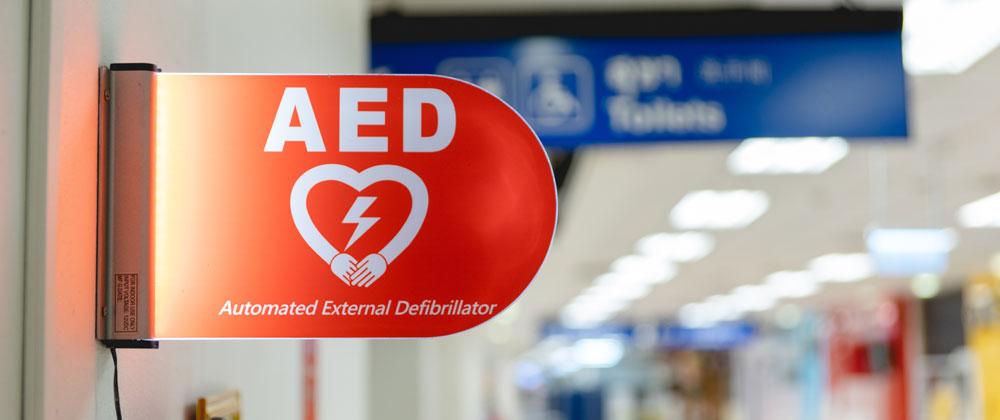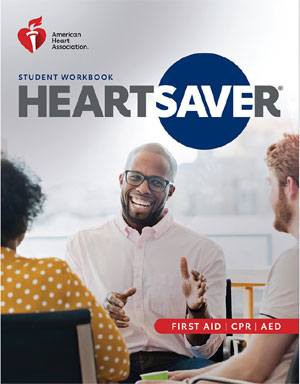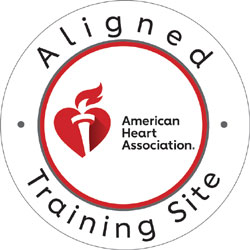CPR , AED, and First Aid training are of crucial importance at airports of all sizes. Medic Response Health and Safety can help train your staff.
CPR (Cardiopulmonary Resuscitation), AED (Automated External Defibrillator), and First Aid training are of crucial importance at airports of all sizes – large, regional, and small.
Airports are bustling environments with thousands of travelers and employees passing through daily. Accidents and medical emergencies can happen at any time, and having trained personnel can make a significant difference in saving lives and providing essential medical assistance. Here’s why CPR, AED, and First Aid training are vital at airports:
- Immediate response to medical emergencies: Airports are often located far from medical facilities, making it essential to have trained personnel on-site who can provide immediate care before professional medical help arrives. This rapid response can significantly increase the chances of survival and recovery for individuals experiencing a medical crisis.
- Saving lives during cardiac arrest: Sudden cardiac arrest can happen to anyone, regardless of age or health status. AEDs, when used correctly and promptly, can restore normal heart rhythm in certain cases of cardiac arrest. Having trained staff who can use an AED effectively can be life-saving in such critical situations.
- Handling diverse medical situations: Airports cater to a wide range of passengers, including individuals with various health conditions. First Aid training equips airport staff to handle different medical emergencies, from minor injuries to more serious incidents, efficiently and safely.
- Enhancing passenger and employee safety: Passengers and employees at airports can feel more secure knowing that trained personnel are available to handle medical emergencies promptly. This sense of security can positively impact the overall airport experience for everyone.
- Compliance with regulations and certifications: Many countries and aviation authorities mandate that airports have trained personnel in CPR, AED, and First Aid. Adhering to these regulations ensures that airports meet safety standards and maintain their operating licenses.
- Minimizing liability: By having trained staff capable of providing immediate assistance during medical emergencies, airports can reduce their liability in the event of accidents or incidents involving passengers or employees.
- Improving community well-being: Airports are not just isolated facilities; they are often part of a larger community. By having trained personnel who can respond effectively to medical emergencies, airports can play a role in improving the overall well-being of the community they serve.
- Preparedness for mass casualty incidents: In rare instances of mass casualty incidents, such as plane crashes or other disasters, having a trained team of staff at the airport can help in managing the situation until additional resources and assistance arrive.
In conclusion, CPR, AED, and First Aid training are essential components of airport safety and preparedness. They contribute to a more secure and responsive environment, ensuring that airports can effectively address medical emergencies and provide a higher level of care to passengers and employees.
Call Medic Response today at 703-449-5438 to set up training classes for your airport or airline staff and employees. We are located in Gainesville, Virginia, not far from several large, regional and small airports.



